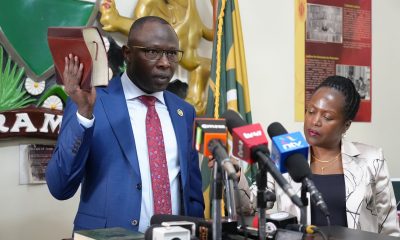Politics
By-Elections in 24 Areas To Cost Sh1 Billion, IEBC Announces
The cost revelation comes as Kenya prepares for by-elections in 24 electoral areas, including the high-profile Baringo Senate seat and National Assembly constituencies of Banissa, Kasipul, Magarini, Malava, Mbeere North, and Ugunja.
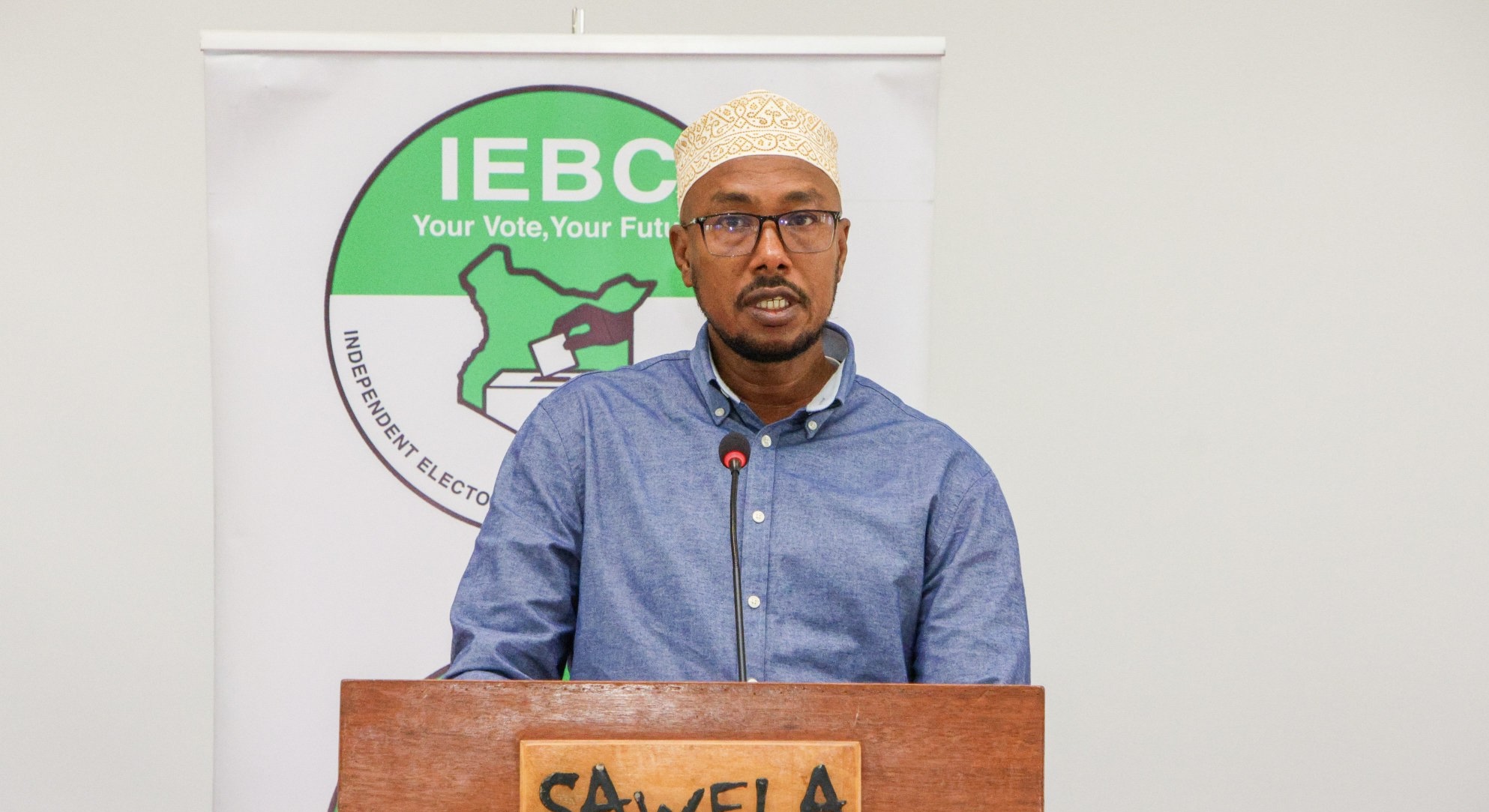
The Independent Electoral and Boundaries Commission (IEBC) has sparked fresh controversy over Kenya’s escalating electoral costs after announcing that the upcoming November 27 by-elections across 24 electoral areas will require a staggering Sh1.046 billion from taxpayers.
The announcement has reignited fierce debate about Kenya’s position as one of the world’s most expensive electoral democracies, with critics questioning whether the country can sustain such astronomical costs for relatively small-scale elections.
IEBC Chief Executive Officer Marjan Hussein Marjan defended the budget allocation, stating that it covers “all critical aspects required to deliver free, fair, and credible polls.”
According to Marjan, the billion-shilling price tag encompasses personnel costs, transport, ballot materials, technology infrastructure, security arrangements, and voter education programs, though the commission has not provided a detailed breakdown of these expenses.
The cost revelation comes as Kenya prepares for by-elections in 24 electoral areas, including the high-profile Baringo Senate seat and National Assembly constituencies of Banissa, Kasipul, Magarini, Malava, Mbeere North, and Ugunja.
These vacancies have arisen through various circumstances, from the tragic deaths of legislators to Cabinet appointments that triggered constitutional requirements for fresh elections.
The Baringo Senate seat became vacant following the death of Senator William Cheptumo on February 16, 2025, while Banissa’s parliamentary seat opened up after MP Hassan Kullow died in a road accident on March 29, 2023.
Meanwhile, Ugunja requires a by-election after Opiyo Wandayi’s appointment to Cabinet on August 8, 2024, and Mbeere North became available following Geoffrey Ruku’s Cabinet appointment on April 17, 2025.
Kenya’s electoral expenses have consistently drawn criticism for their disproportionate scale compared to international standards.
The 2022 General Election consumed Sh44.18 billion, translating to approximately Sh2,200 per registered voter, a figure that dwarfs the international Average Cost per Registered Voter Index benchmark of just Sh646.
This pattern of expensive elections has placed Kenya in an unenviable position globally.
In 2017, Kenya’s per-voter cost of Sh2,000 ranked second worldwide, trailing only Papua New Guinea at Sh6,300.
By contrast, other African democracies operate their elections at fraction of Kenya’s costs. Ghana’s 2016 elections required merely Sh9 per voter, while Rwanda’s 2017 polls cost Sh136 per voter, and Uganda managed with Sh517 per voter.
Democratic Party leader Justin Muturi, who previously served as Attorney-General and National Assembly Speaker, has expressed alarm at the unsustainable trajectory of electoral spending.
“Compared with the cost of the General Election, IEBC’s request for the pending by-elections is exaggerated,” Muturi argued, echoing concerns that have persisted across multiple election cycles.
These worries gained official recognition in a damning February 2019 Public Accounts Committee report that found the 2017 General Election costs “highly inflated.”
The committee, then chaired by current Energy Cabinet Secretary Opiyo Wandayi, concluded that taxpayers did not receive value for money and warned that the true extent of financial losses from procurement manipulation and creative accounting might never be fully known.
Recent by-elections have demonstrated the pattern of excessive spending.
Under former IEBC chair Wafula Chebukati, the commission spent Sh471.12 million on just four contests in Bungoma, Elgeyo Marakwet, Kandara, and Garissa Township, with individual constituency costs ranging from Sh44.41 million in Garissa Township to Sh233.2 million in Bungoma.
Elections expert and lawyer Koki Muli attributes Kenya’s ballooning electoral costs to a fundamental trust deficit that permeates the entire electoral ecosystem.
“We do not trust IEBC, each other, or the processes. To manage this mistrust, we adopt expensive safeguards,” Muli explained, highlighting how suspicion drives up costs through redundant security measures and oversight mechanisms.
The mistrust manifests in several costly practices. Kenya imports ballot papers with more than ten security features, making them more secure than the country’s banknotes.
The commission refuses to reuse leftover materials, instead procuring everything afresh for each election.
Additionally, Kenya relies on expensive foreign-hosted servers for its electoral technology, creating both security risks and financial burdens.
Nairobi-based lawyer David Ochami has accused IEBC of failing to justify “soaring and unconscionable expenditure that defies logic.” He points to vested interests that allegedly inflate procurement budgets for personal gain, noting that much of the election budget benefits top poll managers while police officers and clerks wait months for their allowances.
Ochami proposes radical reforms, including exploring a single-ballot system where voters choose party symbols rather than individual candidates, which could eliminate the need for millions of individual ballot papers.
However, such changes would require abandoning Kenya’s current first-past-the-post system in favor of proportional representation.
Structural inefficiencies compound the cost problem. Kenya maintains an unusually high number of polling stations, with fewer than 1,000 voters per station, necessitating more staff and higher wage bills.
Muli suggests that IEBC could halve the number of stations and accommodate up to 2,000 voters per station without requiring parliamentary approval, potentially achieving significant savings.
Transport arrangements add another layer of expense. IEBC’s reliance on private companies due to inter-agency mistrust results in exorbitant charges, while the need to pay allowances to large numbers of security officers and temporary poll officials further strains budgets.
The National Treasury’s delayed fund disbursements often force last-minute procurement at inflated prices, exacerbating cost pressures.
IEBC acknowledges the rising electoral costs but attributes them to “over-legislation” driven by political mistrust.
In official reports, the commission cites technology requirements, the proliferation of polling stations, reliance on satellite transmission due to weak 3G coverage, multiple ballot security features, transport logistics, and temporary staff allowances as primary cost drivers.
Despite the criticism, international comparisons provide some perspective on electoral spending. The United States spent USD21 billion on its 2024 elections, equivalent to USD63.44 per capita, double Kenya’s level.
The United Kingdom’s 2019 parliamentary elections cost £4.55 per voter, while India managed its 2024 elections with 969 million voters at USD12.38 per voter.
Kenya’s Constitution Implementation Oversight Committee has explored cost-reduction strategies, including a 2019 visit to India to observe the Voter Verifiable Paper Audit Trail system.
This technology allows electronic voting machines to generate paper verification slips, potentially improving transparency while reducing costs.
IEBC Chairperson Erastus Ethekon has indicated that the upcoming by-elections will serve as a trial run for the 2027 General Election, which the commission projects will require at least Sh61 billion.
This projection includes significant allocations for technology procurement, personnel remuneration, security arrangements, and logistics.
The debate over electoral costs reflects broader governance challenges in Kenya, where procurement corruption, over-legislation, and institutional mistrust combine to inflate public expenditure. Without comprehensive reforms addressing these underlying issues, Kenya risks maintaining its position among the world’s most expensive electoral democracies.
As the November 27 by-elections approach, the Sh1 billion price tag serves as a stark reminder of the urgent need for electoral reform.
The challenge lies not just in reducing costs but in rebuilding the trust that would make such expensive safeguards unnecessary.
Until then, Kenyan taxpayers will continue bearing the burden of what many consider an unjustifiably expensive democratic process.
The upcoming by-elections will test whether IEBC can deliver credible results while beginning to address the cost concerns that have dominated Kenya’s electoral discourse.
Success in managing both credibility and cost-effectiveness could provide a template for the more affordable democracy that Kenya’s fiscal situation increasingly demands.
Kenya Insights allows guest blogging, if you want to be published on Kenya’s most authoritative and accurate blog, have an expose, news TIPS, story angles, human interest stories, drop us an email on [email protected] or via Telegram
-

 Business4 days ago
Business4 days agoKakuzi Investors Face Massive Loss as Land Commission Drops Bombshell Order to Surrender Quarter of Productive Estate
-

 Investigations5 days ago
Investigations5 days agoINSIDER LEAK REVEALS ROT AT KWS TOP EXECUTIVES
-

 Investigations2 weeks ago
Investigations2 weeks agoPeter Agoro Legal Battles Reveal How EACC Framed a Whistleblower to Protect Corrupt Elites
-

 Investigations2 days ago
Investigations2 days agoCNN Reveals Massive Killings, Secret Graves In Tanzania and Coverup By the Govt
-
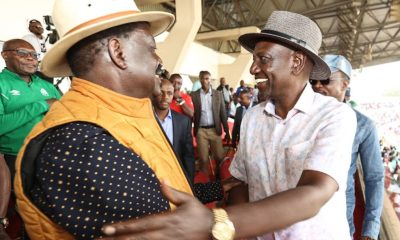
 Politics2 weeks ago
Politics2 weeks agoRuto Set to Dominate ODM@20 in Mombasa, Positioning Himself as Raila Odinga’s Political Heir Ahead of 2027
-
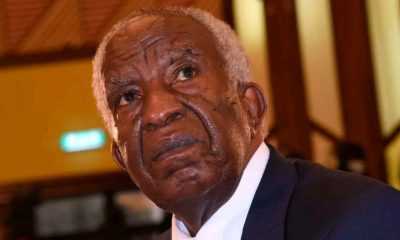
 News5 days ago
News5 days agoEXPOSED: How Tycoon Munga, State Officials, Chinese Firm Stalled A Sh3.9 Trillion Coal Treasure In Kitui
-
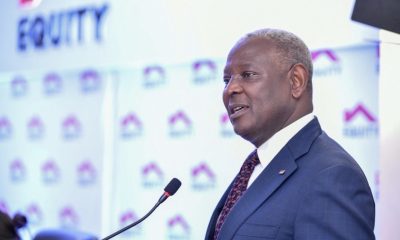
 Business4 days ago
Business4 days agoBANKS BETRAYAL: How Equity Bank Allegedly Helped Thieves Loot Sh10 Million From Family’s Savings in Lightning Fast Court Scam
-

 News5 days ago
News5 days agoEx-Boyfriend Withdraws Explosive Petition to Remove DPP After Criminal Case Against Capital FM Boss Resurfaces

